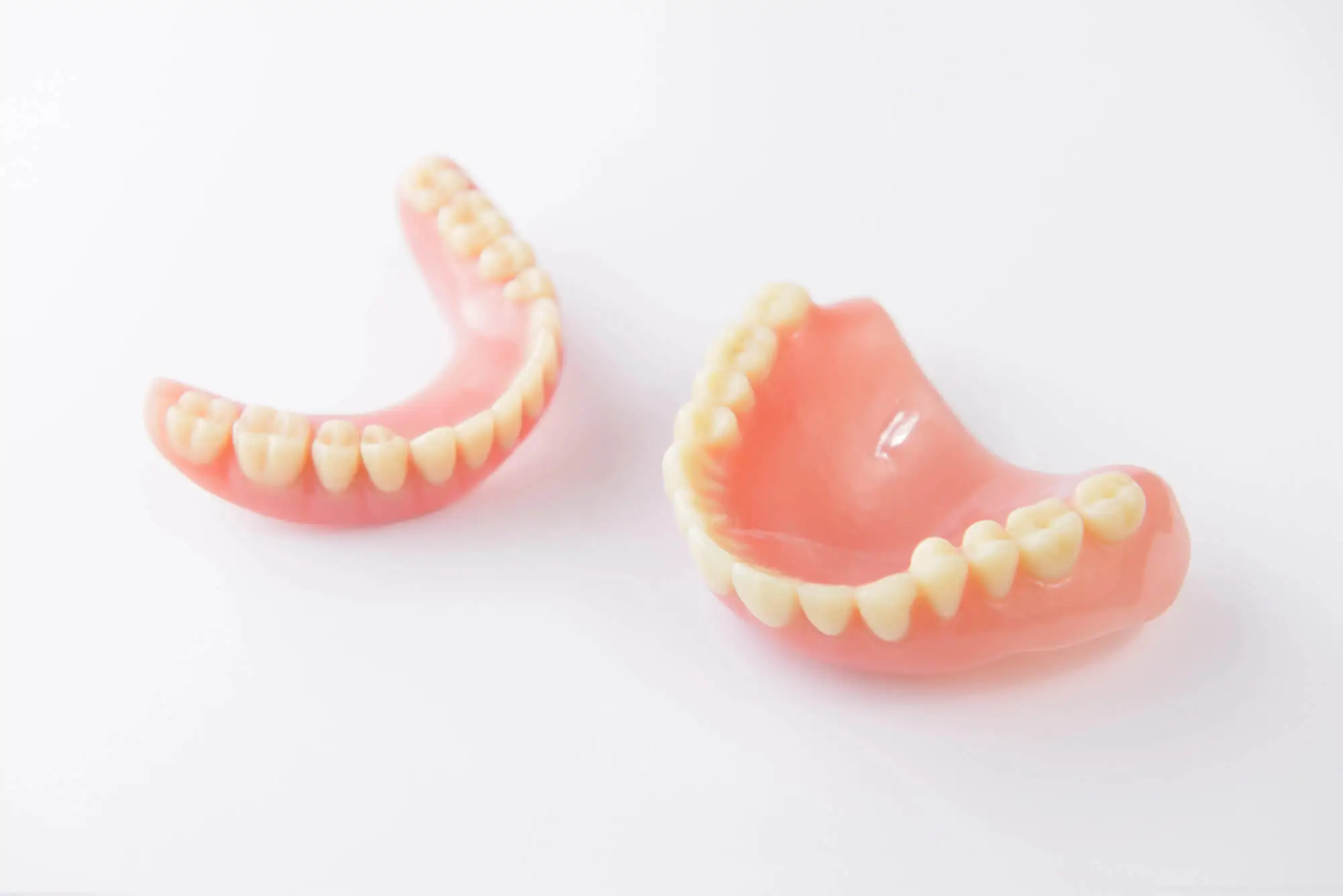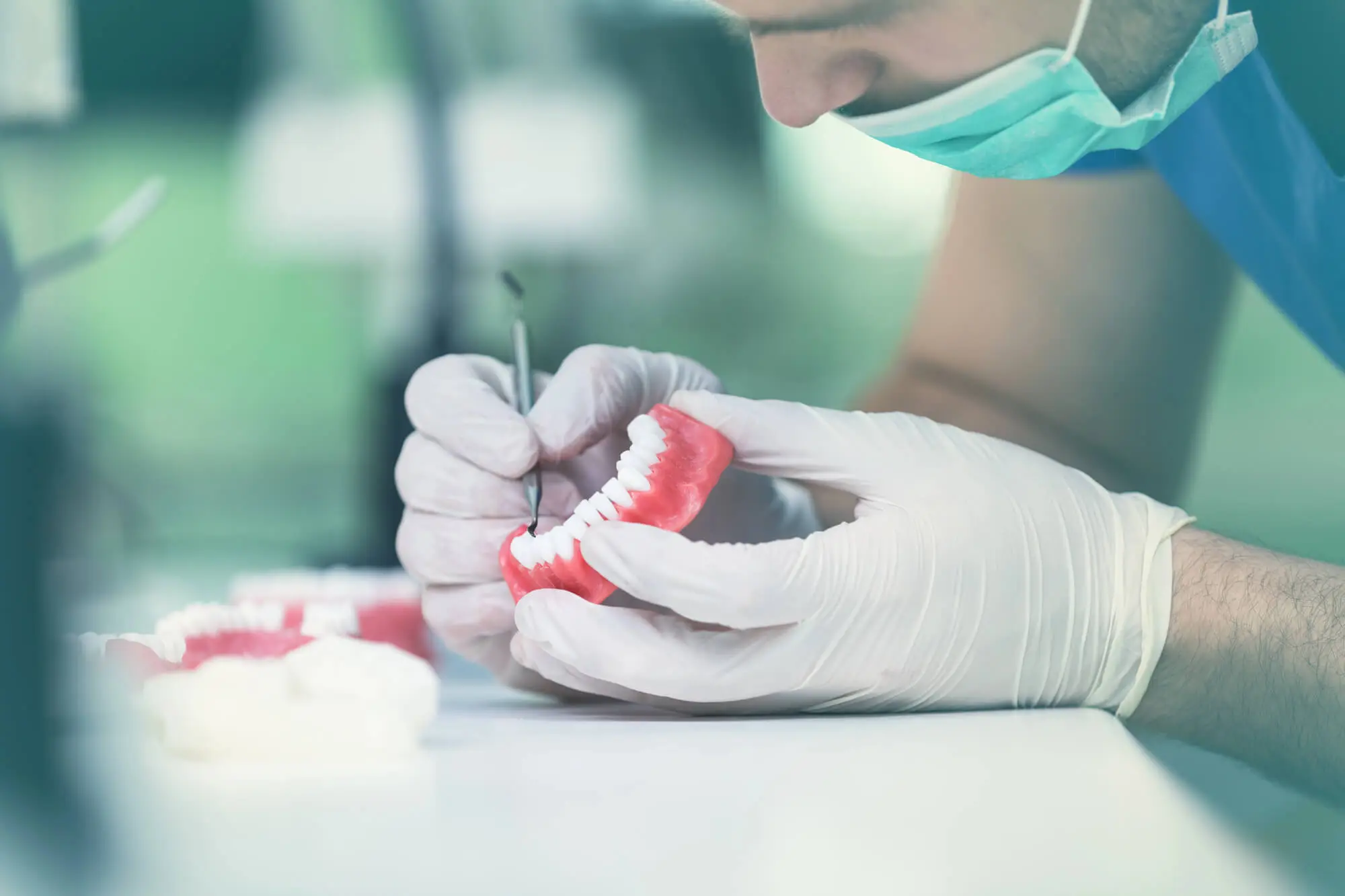Your Denture No Longer Fits? Here's What Could Be Causing It

August 20, 2025
A slipping or shifting denture can significantly lower your quality of life, especially for those with lower dentures. Unlike upper dentures, lower ones require precise coordination, practice, and a perfect fit to function properly. Even the best dentures in San Antonio can become loose over time—not due to poor material quality, but because your jawbone naturally changes shape as you age.
When your denture stops fitting properly, it's essential to understand why this happens, what you can do to fix it, and when it might be time to consider replacement options.

Why Does a Denture Fit Change Over Time?
A denture fit changes over time primarily due to natural changes in your mouth, particularly the jawbone and gums. Understanding these changes can help you recognize when it's time to see your dentist and what treatment options might work best for your situation.
Here are the main factors that affect how your dentures fit:
1. Bone Resorption
After teeth are removed, the jawbone that once supported them begins to shrink through a process called bone resorption. This is the primary reason dentures eventually become loose. Over time, the bone becomes smaller and changes shape, directly affecting how your denture fits.
2. Gum Tissue Changes
The gum tissue that supports your denture can also shrink or become irritated, especially if the denture doesn't fit properly. Weight loss, aging, or medical conditions can all contribute to these soft tissue changes.
3. Wear and Tear of the Denture
Just like natural teeth, dentures wear down with daily use. The teeth may flatten or chip, and the base may warp over time, affecting the denture's ability to maintain a snug, comfortable fit.
4. Changes in Bite or Alignment
As your jawbone and gums change, the way your upper and lower dentures align (your bite) can shift. This misalignment can cause discomfort, uneven pressure, or painful sore spots.
5. Health and Lifestyle Factors
Health conditions like osteoporosis or diabetes, as well as medications that affect saliva flow, can accelerate bone loss or cause dry mouth—both of which impact denture comfort and stability.
What Should I Do If My Dentures No Longer Fit?
If your dentures feel loose to the point that eating and speaking become challenging, your dentist may recommend a denture reline. This process modifies your denture's inner surface to match the current shape of your gums, helping to:
- Restore stability and comfort
- Enhance your ability to chew
- Extend the lifespan of your existing denture
Relines are advised every 1-2 years, particularly for patients who have experienced significant bone loss or wear full dentures.
Signs You May Need a Reline or Replacement
See your dentist right away if you notice any of the following:
- Dentures that click or slip when you speak
- Gum inflammation or sore spots
- Difficulty chewing food
- Increased plaque buildup or bad breath despite regular cleaning
- A noticeable change in how your dentures feel or fit

Restore the Fit of Your Dentures in San Antonio
Dentures are a reliable and long-lasting restoration option. With proper care and maintenance, they can serve you well for many years, and regular denture relines play a crucial role in their longevity. Recognizing when your dentures no longer fit properly and addressing the issue promptly can protect your gum health, keep your dentures secure and slip-free, and prevent accidents that could result in a broken, irreparable prosthetic.
Do you need a denture reline? Contact La Cantera Dental today, and let us help you restore your oral function and comfort!










